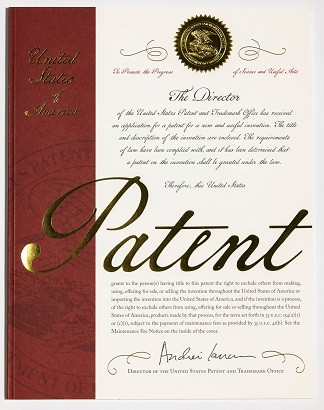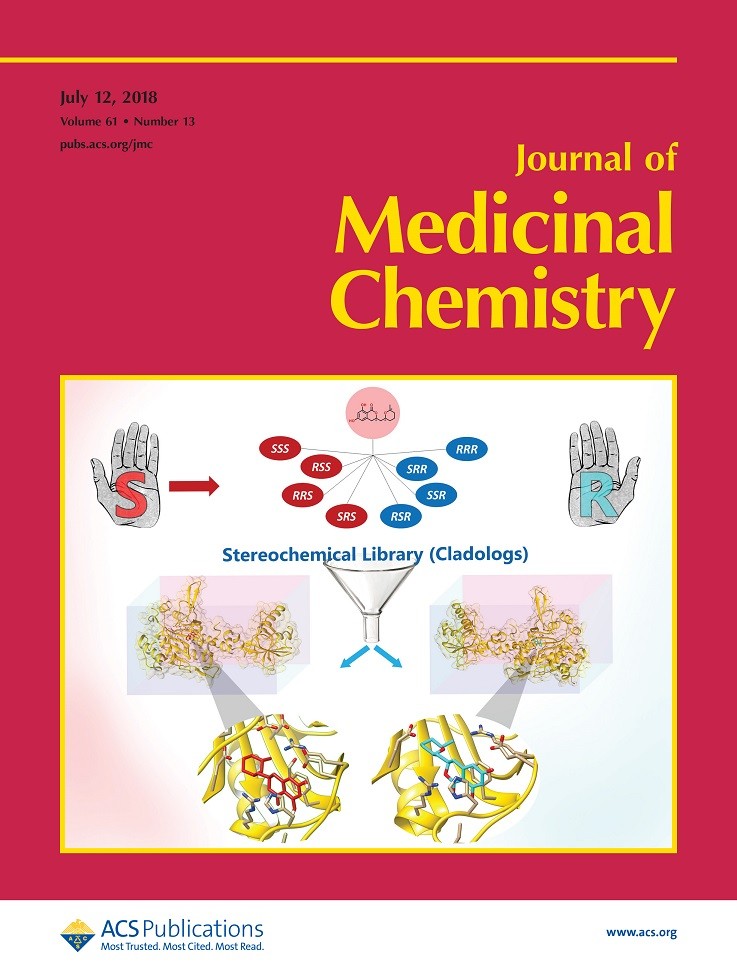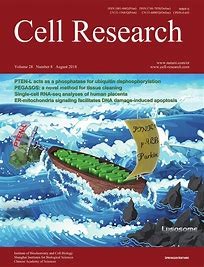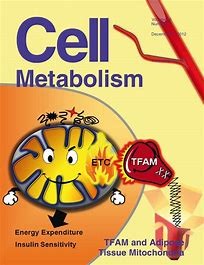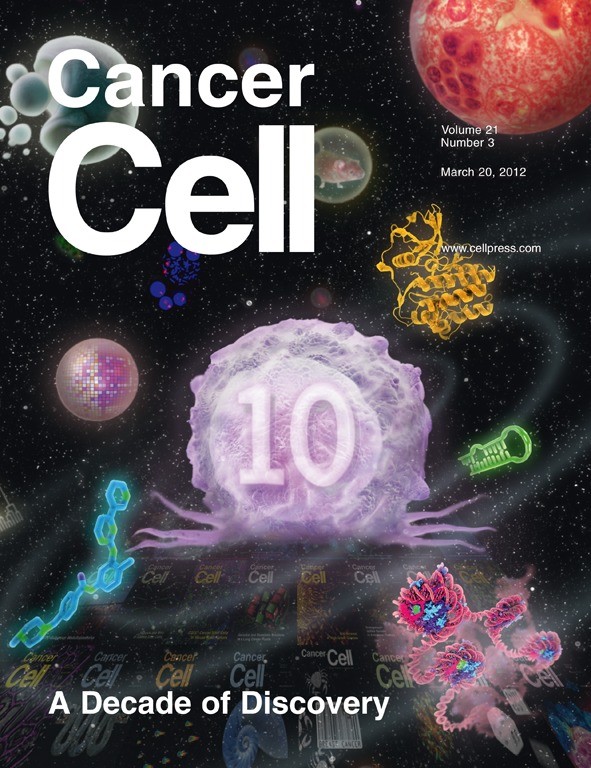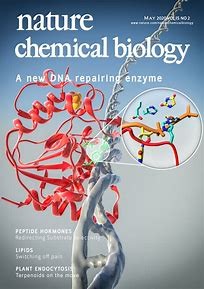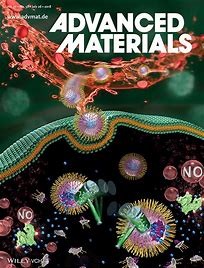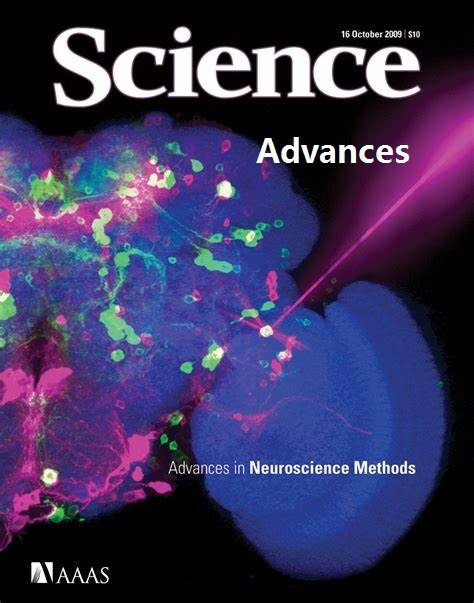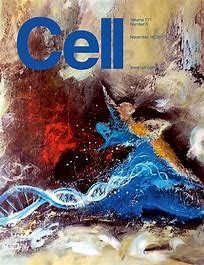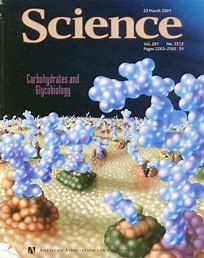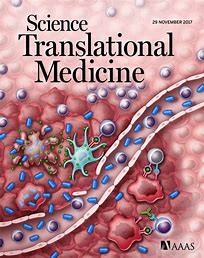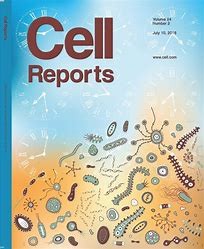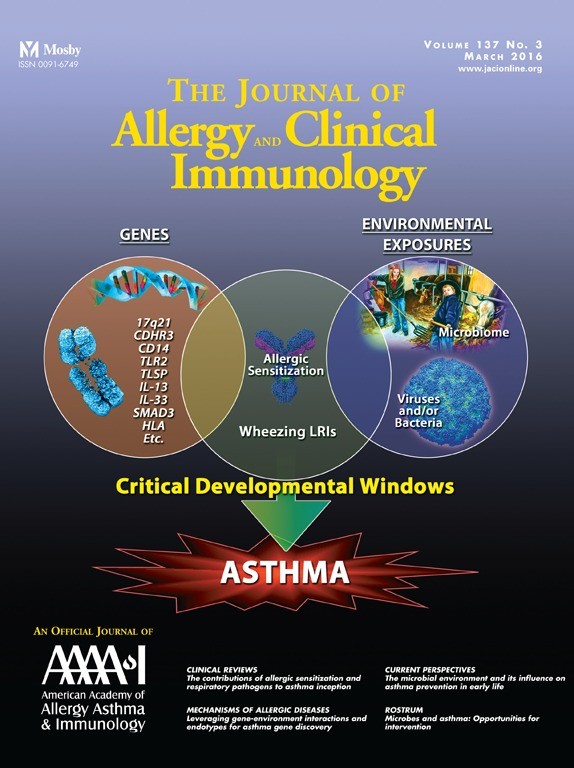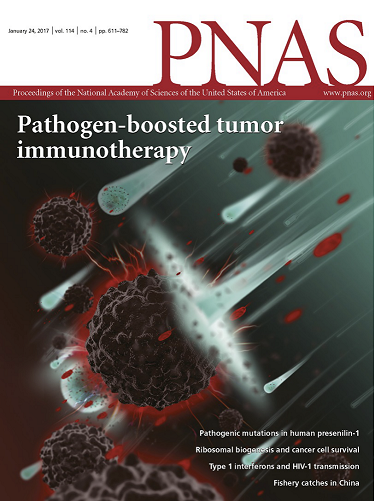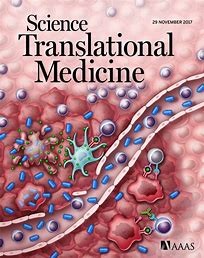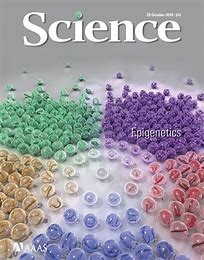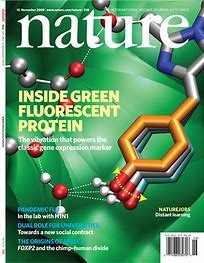iCRT3
This product is for research use only, not for human use. We do not sell to patients.

For small sizes, please check our retail website as below: www.invivochem.com
| Size | Price | Stock |
|---|---|---|
| 250mg | $1150 | Check With Us |
| 500mg | $1650 | Check With Us |
| 1g | $2475 | Check With Us |
Cat #: V3194 CAS #: 901751-47-1 Purity ≥ 98%
Description: iCRT3 (iCRT-3) is an inhibitor of Wnt and β-catenin-responsive transcription in the Wnt/wingless signaling pathway with anticancer activity.
Top Publications Citing Invivochem Products
Publications Citing InvivoChem Products
Product Promise

- Physicochemical and Storage Information
- Protocol
- Related Biological Data
- Stock Solution Preparation
- Quality Control Documentation
| Molecular Weight (MW) | 394.53 |
|---|---|
| Molecular Formula | C23H26N2O2S |
| CAS No. | 901751-47-1 |
| Storage | -20℃ for 3 years in powder formr |
| -80℃ for 2 years in solvent | |
| Solubility In Vitro | DMSO: 80 mg/mLr |
| Water: < 1 mg/mLr | |
| Ethanol: 80 mg/mL | |
| SMILES Code | O=C(NCCC1=CC=CC=C1)CSCC2=C(C)OC(C3=CC=C(CC)C=C3)=N2 |
| Synonyms | iCRT 3; iCRT-3 |
| Protocol | In Vitro | iCRT3 is an inhibitor of both Wnt and β-catenin-responsive transcription. iCRT3 significantly decreases TOP Flash activity and reduces the level of NTSR1. The anti-apoptotic effects of Neurotensin (NTS) and Wnt3a can be largely abrogated by iCRT3. Cells maintained long term with iCRT3 show enhanced expression of classic pluripotency genes compare with the DMSO control, whereas expression of differentiation markers and T-cell factor (TCF) target genes is concomitantly reduced. Treatment with iCRT3 at doses of 12.5, 25, 50, and 75 μM decreases TNF-α levels by 14.7%, 18.5%, 44.9% and 61.3%, respectively. With iCRT3 treatment, IκB levels are increased in a dose-dependent manner compare to the vehicle. |
|---|---|---|
| In Vivo | The tumor growth rates are markedly retarded by iCRT3 treatment. Consistently, the tumor-suppressive role of iCRT3 is accompanied with a reduction in Ki67 index, a proliferation marker[1]. The IL-6 levels in the 10 mg/kg iCRT3 treatment group are 82.9% lower than those in the vehicle group. IL-1β levels are undetectable in the sham but reach 371 pg/mL in septic mice and are down by 30.2% and 53.2%, respectively, with 5 and 10 mg/kg iCRT3. With iCRT3 treatment at doses of 5 and 10 mg/kg, AST levels in these septic mice are 15.4% and 44.2% lower, respectively, than those in the vehicle-treated mice. After treatment with 10 mg/kg iCRT3, lung morphology is improved with much reduced microscopic deterioration, compare to the vehicle group. The number of apoptotic cells in the lung tissues of the iCRT3-treated mice is significantly reduced by 92.7% in comparison with the vehicle group |
These protocols are for reference only. InvivoChem does not
independently validate these methods.
| Solvent volume to be added | Mass (the weight of a compound) | |||
|---|---|---|---|---|
| Mother liquor concentration | 1mg | 5mg | 10mg | 20mg |
| 1mM | 2.5347 mL | 12.6733 mL | 25.3466 mL | 50.6932 mL |
| 5mM | 0.5069 mL | 2.5347 mL | 5.0693 mL | 10.1386 mL |
| 10mM | 0.2535 mL | 1.2673 mL | 2.5347 mL | 5.0693 mL |
| 20mM | 0.1267 mL | 0.6337 mL | 1.2673 mL | 2.5347 mL |
The molarity calculator equation
Mass(g) = Concentration(mol/L) × Volume(L) × Molecular Weight(g/mol)
Mass
=
Concentration
×
Volume
×
Molecular Weight*
The dilution calculator equation
Concentration(start)
×
Volume(start)
=
Concentration(final)
×
Volume(final)
This equation is commonly abbreviated as: C1 V1 = C2 V2
Concentration(start)
C1
×
Volume(start)
V1
=
Concentration(final)
C2
×
Volume(final)
V2
Step One: Enter information below
Dosage mg/kg
Average weight of animals g
Dosing volume per animal µL
Number of animals
Step Two: Enter the in vivo formulation
%DMSO
+
%
+
%Tween 80
+
%ddH2O
Calculation Results:
Working concentration:
mg/ml;
Method for preparing DMSO master liquid:
mg
drug pre-dissolved in
µL
DMSO(Master liquid concentration
mg/mL)
,Please contact us first if the concentration exceeds the DMSO solubility of the batch of drug.
Method for preparing in vivo formulation:
Take
µL
DMSO master liquid, next add
µL
PEG300, mix and clarify, next add
µL
Tween 80,mix and clarify, next add
µL
ddH2O,mix and clarify.
Note:
- (1) Please be sure that the solution is clear before the addition of next solvent. Dissolution methods like vortex, ultrasound or warming and heat may be used to aid dissolving.
- (2) Be sure to add the solvent(s) in order.
